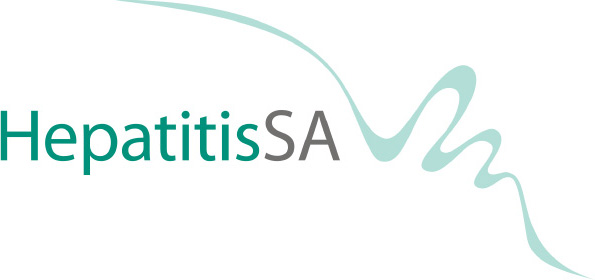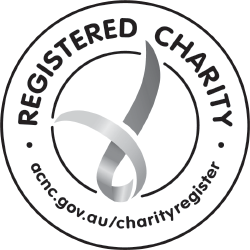Background
On 20 December 2015 Minister Ley made the very welcome announcement that funding had been allocated within the Mid -Year Economic and Fiscal Outlook (MYEFO) for the Pharmaceutical Benefits Scheme (PBS) listing of new hepatitis C treatments from 1 March 2016.
Q. What are the names of the new medicines?
A. The medicines being made available on the PBS from 1 March 2016 are:
- sofosbuvir and ledipasvir (Harvoni)
- sofosbuvir (Sovaldi)
- daclatasvir (Daklinza)
- ribavirin (Ibavyr)
Q. Are the new medicines better than the older ones?
A. There are a number of benefits. The new medicines:
- are more effective resulting in a cure for 90% of people;
- are taken as tablets only and have very few side effects;
- can be taken for as little as 8-12 weeks for most people; and
- do not require the use of peg-interferon as part of the regimen.
Q. Will other medicines be listed too?
A. There are other medicines currently being considered for PBS listing. Updates will be provided as details are finalised.
Q. When will the new medicines be available to Australians?
A. The new medicines will available on the PBS from the 1st March 2016.
Q. Are they available from GPs?
A. The government has said that GPs will be able to prescribe these medicines in, or following, consultation with a specialist. Specialists will also be able to prescribe the new medicines.
Q. Do you have to be getting very sick to access the new medicines?
A. No. Everyone who has been diagnosed with chronic hepatitis C infection will be eligible to receive the new medicines regardless of their stage of disease.
Q. Will access to the new medicines be restricted or limited in any way?
A. No. The new medicines will be available through the PBS to all people who hold Medicare card and have chronic hepatitis C - regardless of their stage of liver disease. The particular combination of medicines prescribed will depend on a number of individual clinical factors. Interferon –free treatment options will be available for all major genotypes in Australia.
Q. Will people who currently inject drugs be able to access the new medicines?
A. Yes. There will be no restrictions applied for people who inject drugs who are a priority population for hepatitis C treatment.
Q. Will people in prison be able to access the new medicines?
A. Yes. It is usually a state and territory responsibility to fund the health care of people in custodial settings, however, the commonwealth government has agreed to fund the treatment for prisoners who are a priority population for hepatitis C.
Q. Do the medicines really cost the government around $100,000 per treatment?
A. The actual price to be paid is not public knowledge as it is a matter of commercial negotiation between the government and the pharmaceutical companies. Often the ‘list price’ (e.g. $100,000) is quoted in reports but this does not acknowledge any negotiated discounts being applied. Once applied, the true cost to government is substantially less than the ‘list price’.
Q. Is it true that the hep C PBS listing is under threat if the government’s proposed budget cuts to bulk-billing of blood tests and x-rays are not approved by the Senate?
A. No. We have received advice from the Minister’s office that the government funding for the PBS listing for the new hepatitis C medicines on 1 March 2016 has been approved and is committed. This means the PBS listing is not dependent on legislation being passed for proposed health reforms.
Q. How much will the medicines cost me?
A. Once the PBS listing takes effect on 1 March 2016, you will only be charged the usual price you pay for a prescription. Current co-payment amounts are available on the PBS website. The co-payment amount is adjusted on 1 January each year in line with the Consumer Price Index (CPI).
Q. Where can I get further information?
A. You can talk to your GP or call the National Information line 1800 437 222.


